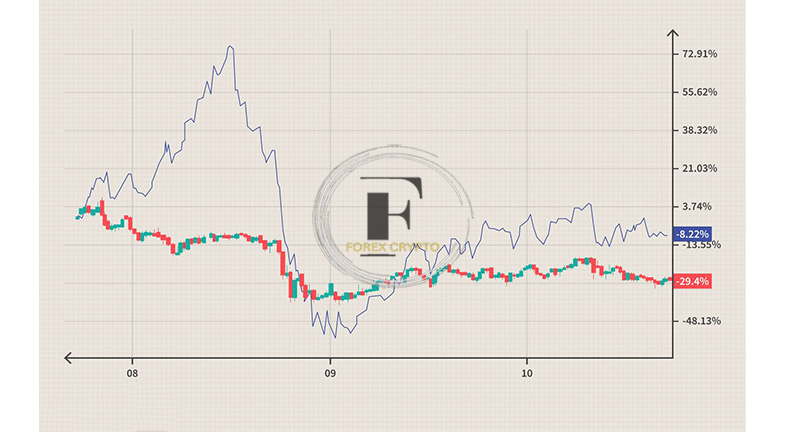Forex Trading – The Commodity Connection
Demand and supply, economic considerations (GDP, CPI, and PPI), interest rates, inflation, politics, and other variables affect the ups and downs of currency exchange rates. As a country’s GDP and exports are intertwined, it stands to reason that the value of various currencies would fluctuate based on the cost of commodities.
Crude oil prices significantly impact the economies of major oil producers like Saudi Arabia, Russia, and Iran. While crude oil prices were above $100 per barrel a few years ago, the stock and currency markets responded favorably (strong currency). Still, when they dropped below $30 per barrel in 2016 and 2017, the financial market reacted poorly. The stock market saw severe volatility, and currency values dropped by 7% in a single day. As so few nations are net exporters of commodities, commodity prices have a profound impact on economic development. We all know that the currency strengthens when a country’s economy is booming.

In the case of the dollar, there is an inverse correlation between the value of the currency and the cost of commodities. As a result, commodity prices tend to fall when the dollar rises against other major currencies or weakens against other major currencies.
But why is that?
Most commodity prices are tied to the dollar’s value, making it the primary driving factor. The US dollar ($) is the most widely used reserve currency. Almost every nation keeps some of its reserves in U.S. dollars because of the greenback’s status as a haven currency. When it comes to exporting and purchasing raw materials, the dollar is the de facto international currency. Acquiring commodities with dollars is more expensive when the currency needs to be stronger. Dollar depreciation also means cheaper alternatives to buying using currencies from other countries (JPY, EURO, and INR).
Generally, lower commodity prices are the result of higher interest rates. Therefore, a rise in interest rates by the Reserve Bank of India (RBI, India’s central bank) could dampen economic activity and reduce commodity demand.
in the case of a significant oil importer like India. If oil prices fall, inflation will slow, and interest rates will go down, benefiting oil-importing nations’ economies.




Comments (No)